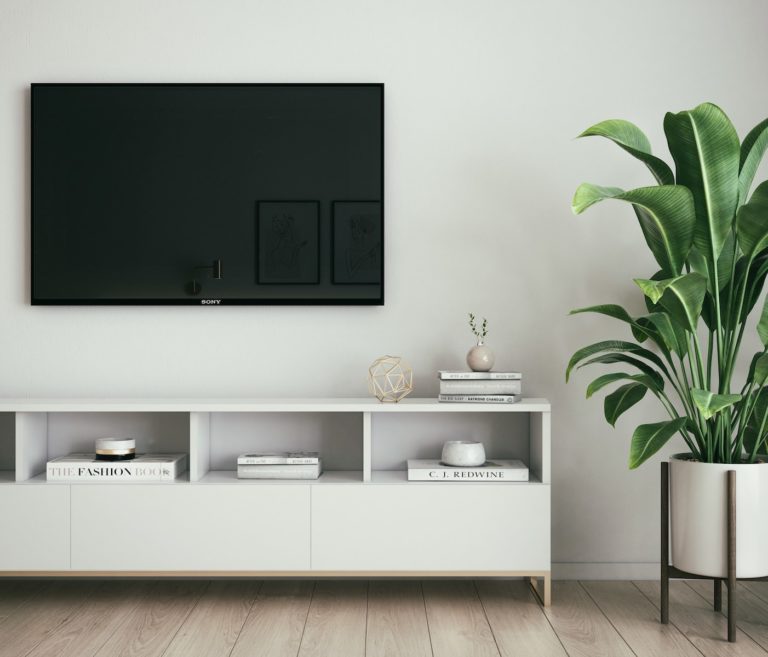Picking and buying the right TV can be a daunting task, as there are a multitude of options to choose from and it can be hard to know which features are most important. In this article, we will outline some key considerations to help you choose the right TV for your needs and budget.
Determine your budget: The first step in choosing the right TV is to determine your budget. TVs can range in price from a few hundred dollars to several thousand dollars, so it is important to set a budget before you start shopping. This will help you narrow down your options and ensure that you are getting the most value for your money.
Consider the size of the TV: The next step is to consider the size of the TV. TVs are available in a range of sizes, from small 32-inch models to large 75-inch models. When choosing the size of your TV, consider the size of your room and the distance you will be sitting from the TV. A larger TV may provide a more immersive viewing experience, but if it is too big for your room or too far away to see clearly, it may not be the best choice.
Choose the right screen technology: There are several different screen technologies available on TVs, including LCD, LED, OLED, and QLED. Each technology has its own benefits and drawbacks, so it is important to consider which one is right for you.
LCD TVs are the most common and offer good picture quality at an affordable price. They use backlighting to produce the image, which can result in some light bleeding and a less realistic image.
LED TVs are similar to LCD TVs, but they use more efficient LED backlighting, which can result in a brighter, more energy-efficient TV.
OLED TVs offer the best picture quality of any screen technology, with deep blacks, wide viewing angles, and excellent motion handling. However, they tend to be more expensive than other types of TVs.
QLED TVs are a newer technology that uses a special layer of quantum dots to produce a brighter, more vibrant image. They offer many of the same benefits as OLED TVs, but at a lower price point.
Look for a high-resolution display: The resolution of a TV refers to the number of pixels that make up the image. A higher resolution means more pixels and a clearer, more detailed image. Look for a TV with a high resolution, such as 4K or 8K, to ensure that you are getting the best picture quality possible.
Consider the smart features: Many TVs now come with built-in smart features, such as the ability to connect to the internet and access streaming services like Netflix and Hulu. If you plan to use your TV for streaming, look for a model with a good selection of smart features and a fast, responsive interface.
Check for connectivity options: Finally, consider the connectivity options available on the TV. Make sure that the TV has the ports and connections you need to connect your devices, such as HDMI, USB, and Ethernet. If you plan to use your TV as a hub for your home entertainment system, look for a model with plenty of connectivity options.
In summary, when choosing the right TV, consider your budget, the size of the TV, the screen technology, the resolution, the smart features, and the connectivity options. By considering these factors, you can find the perfect TV for your needs and budget.
Consider reading: Differences between LCD, LED, OLED, and QLED TV and how You should pick the right TV




















